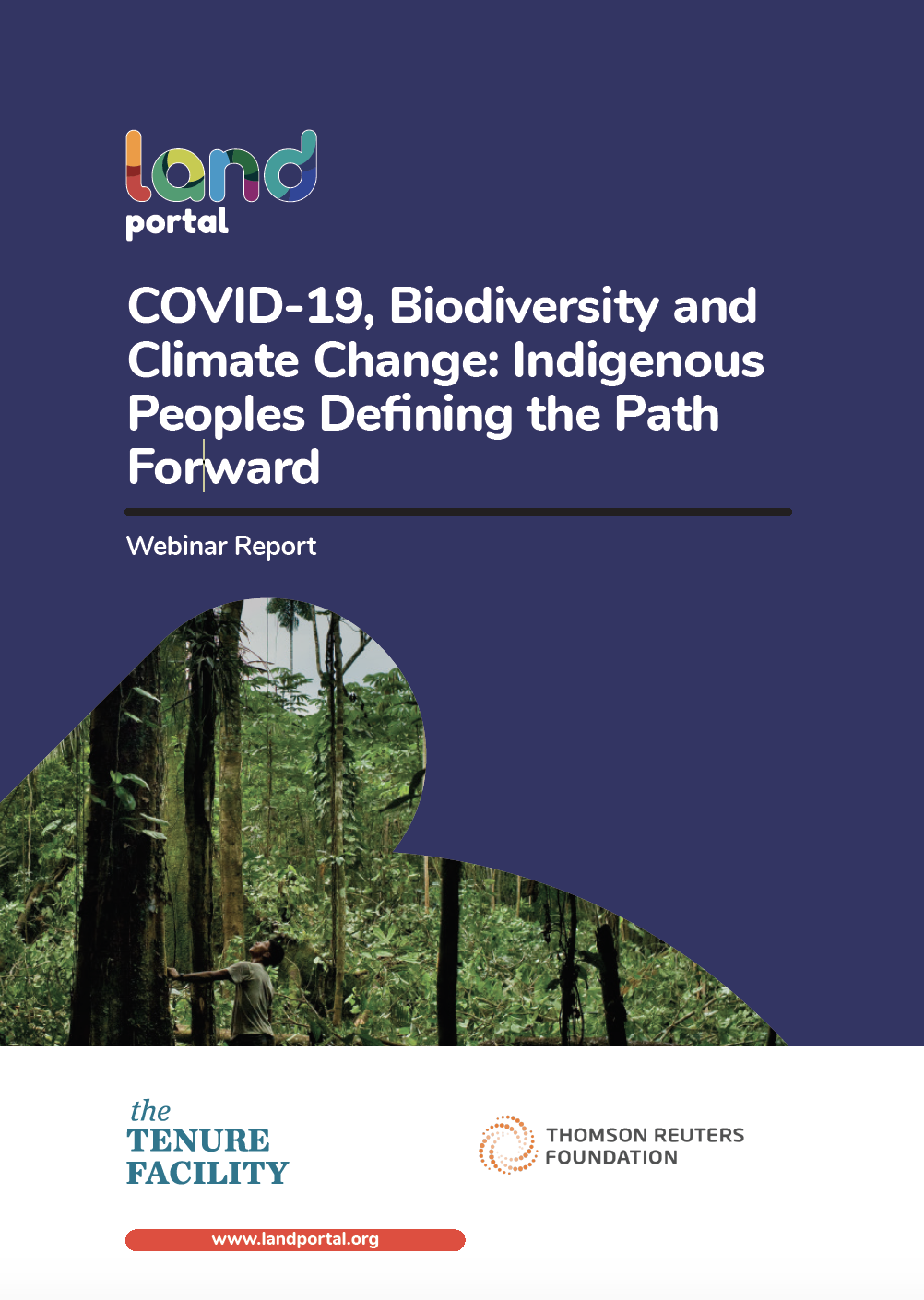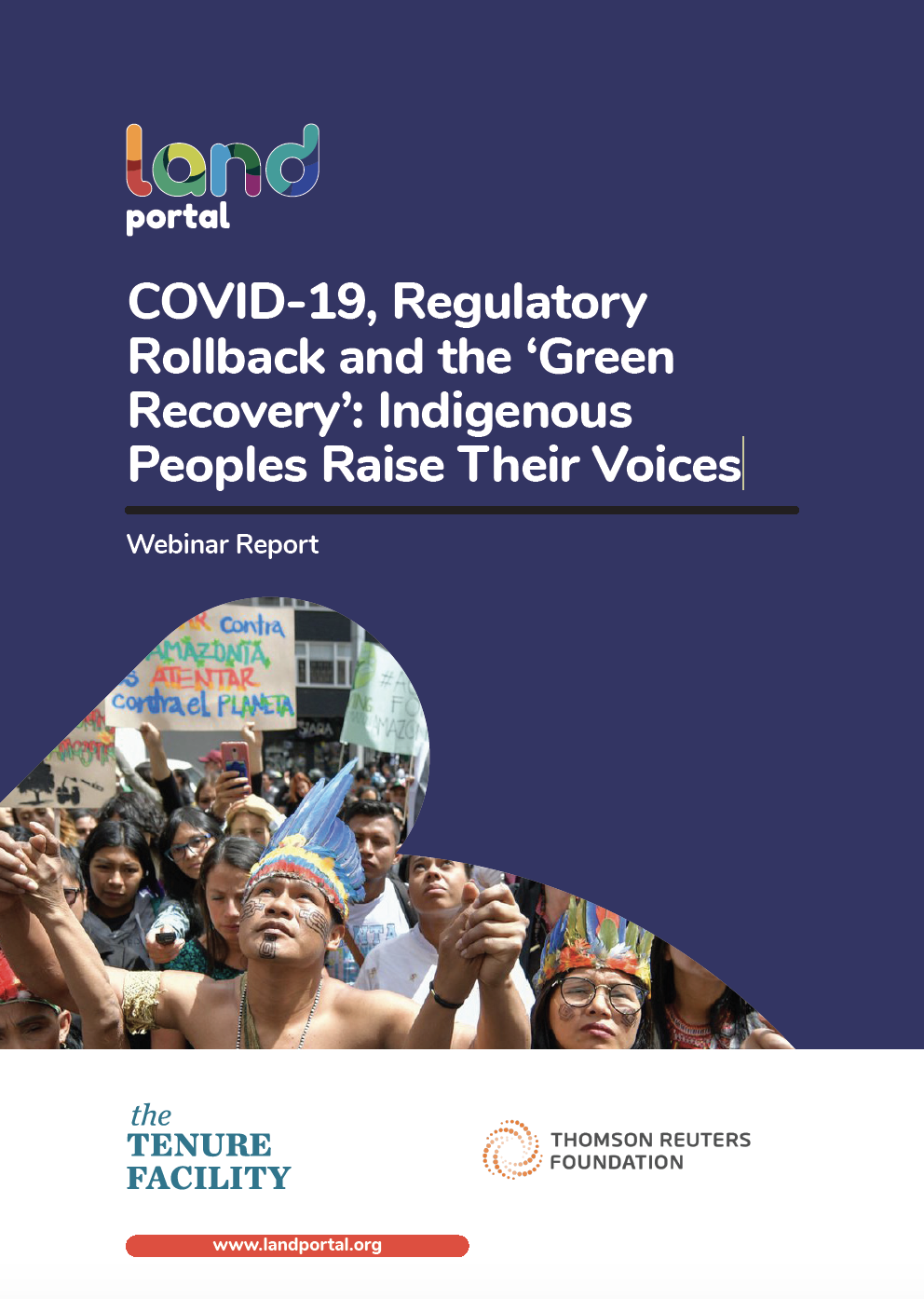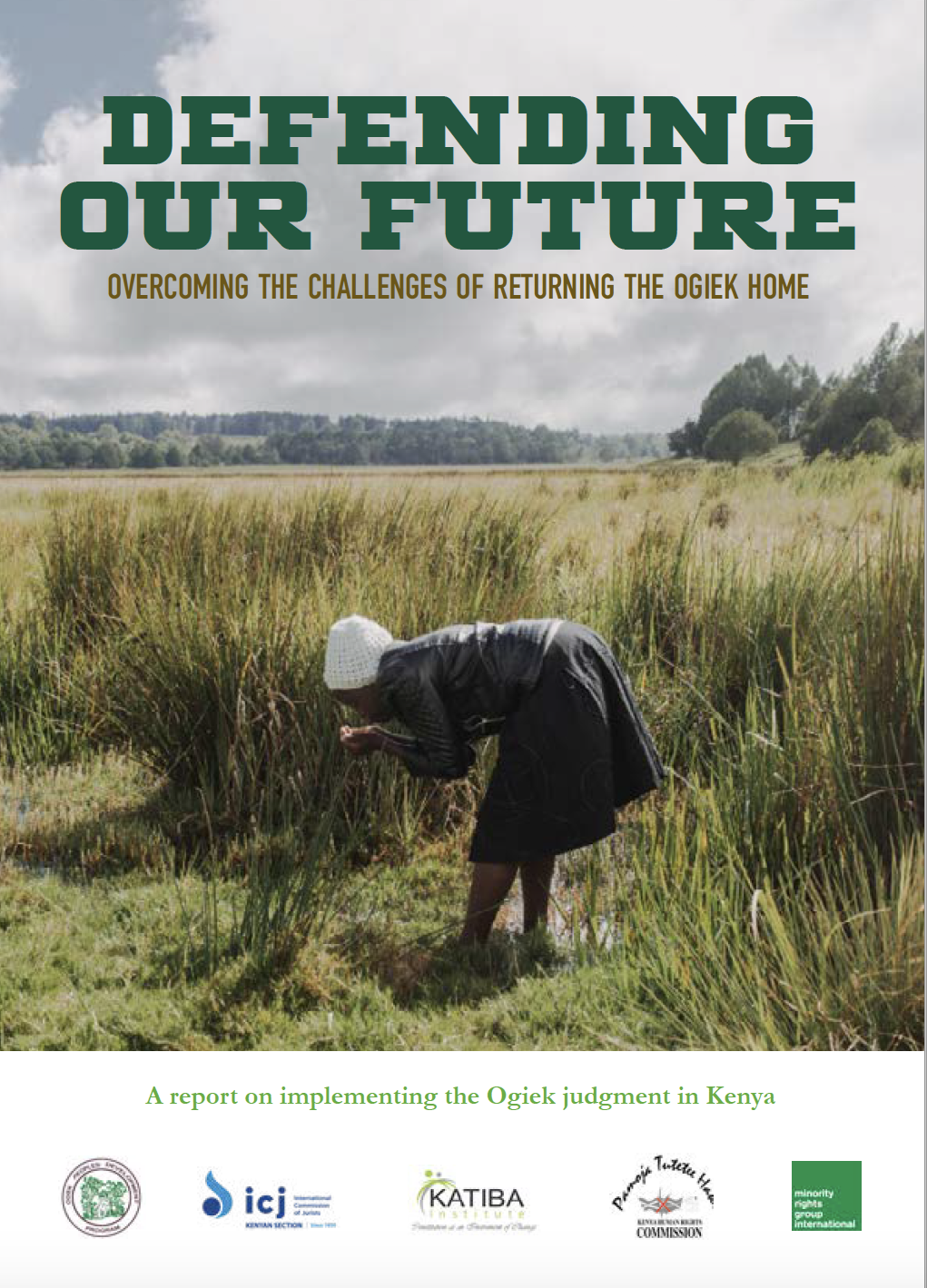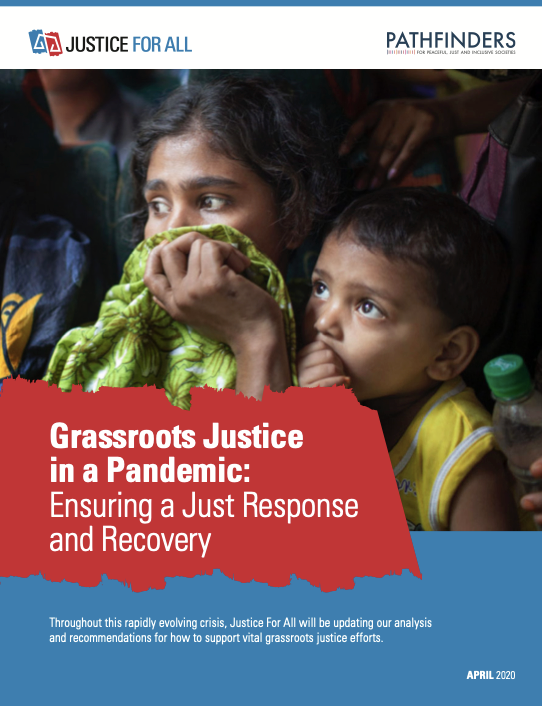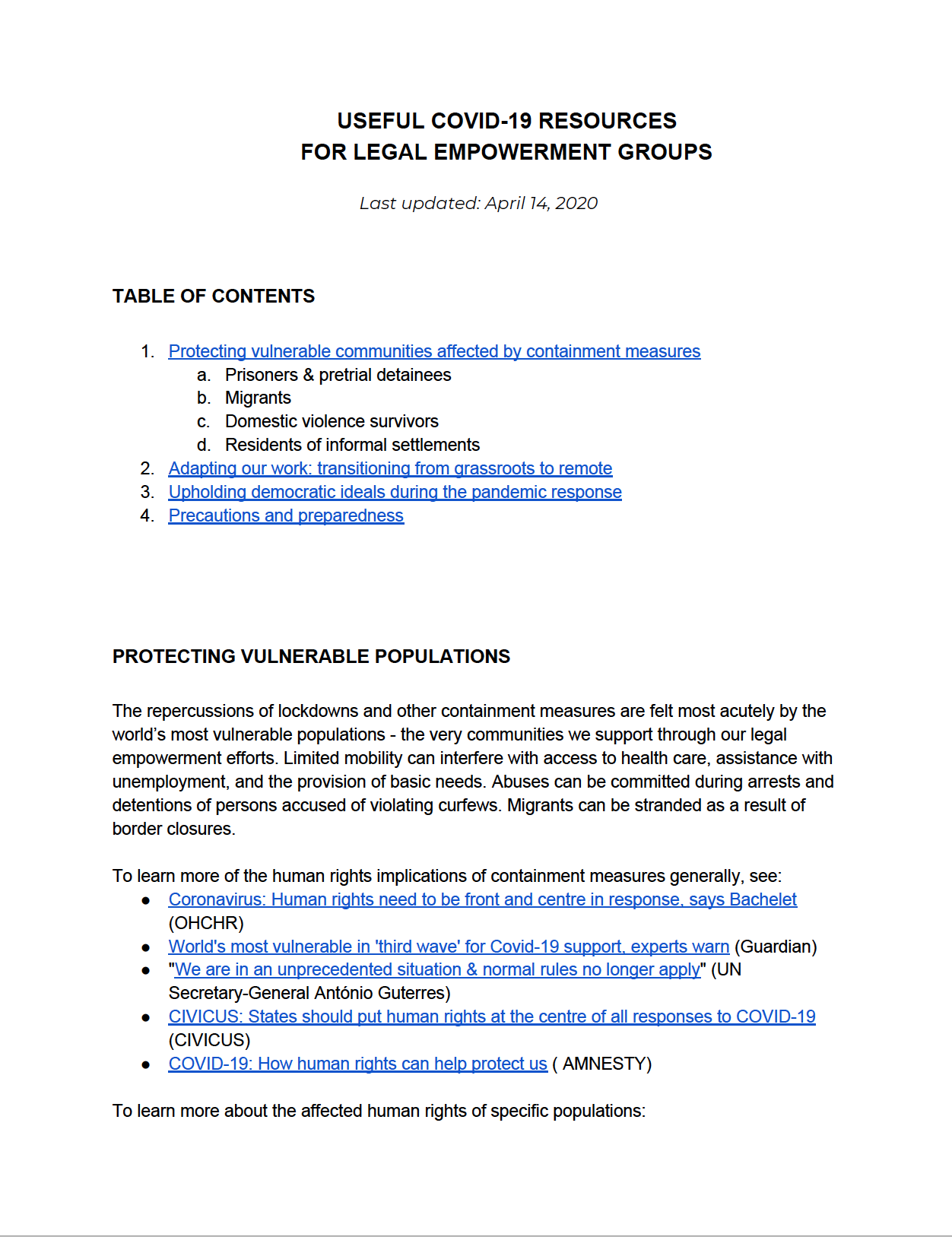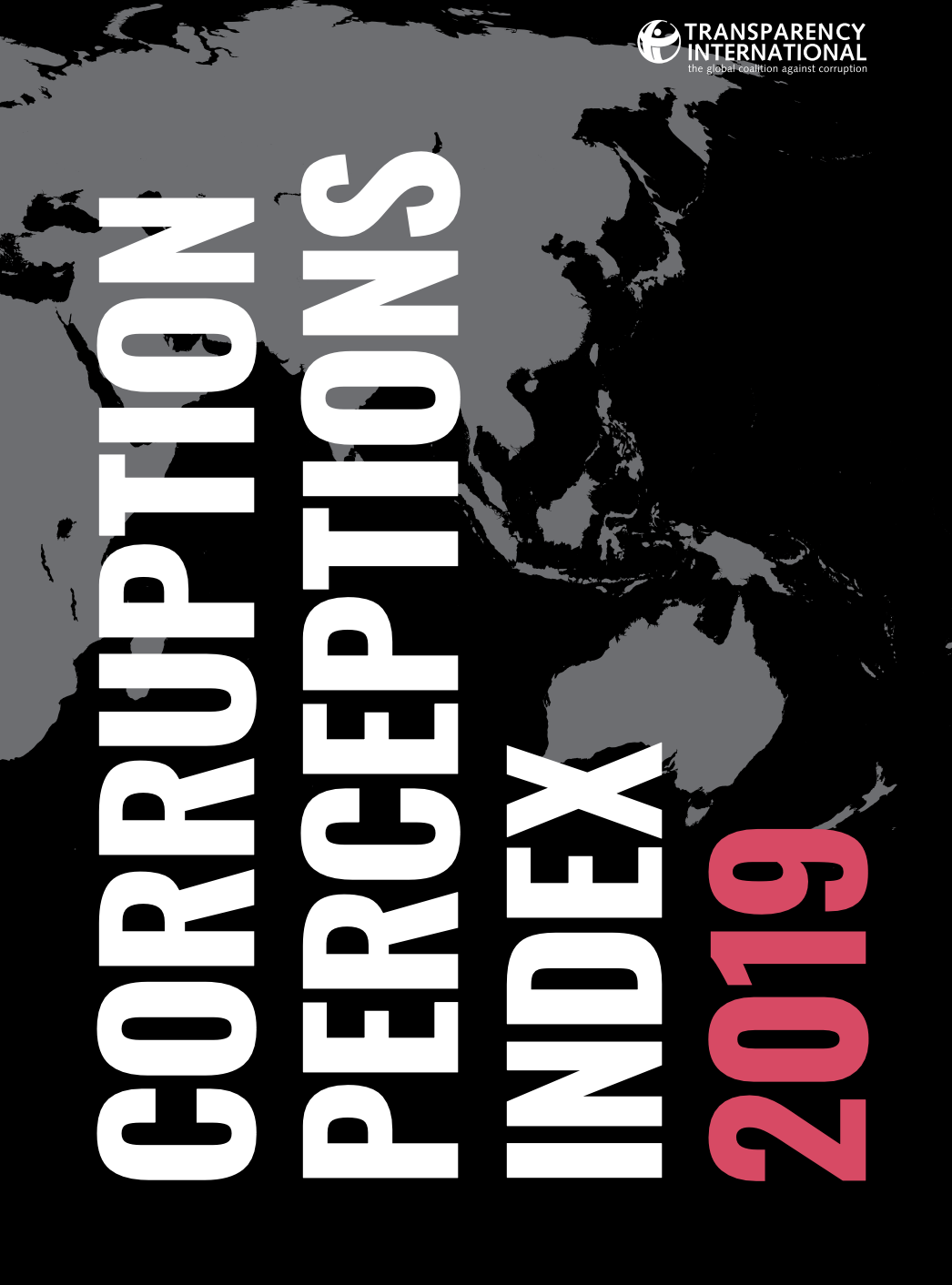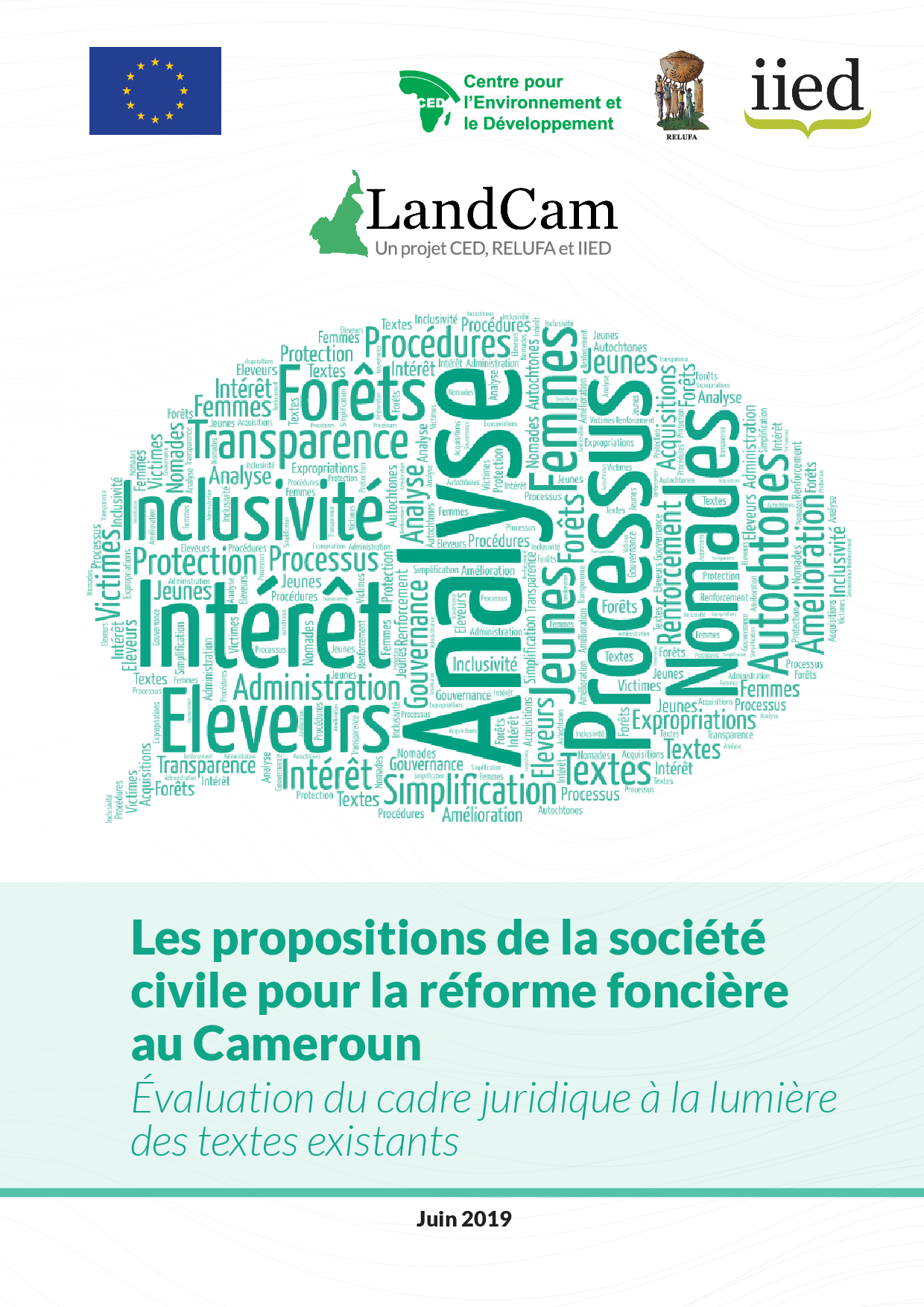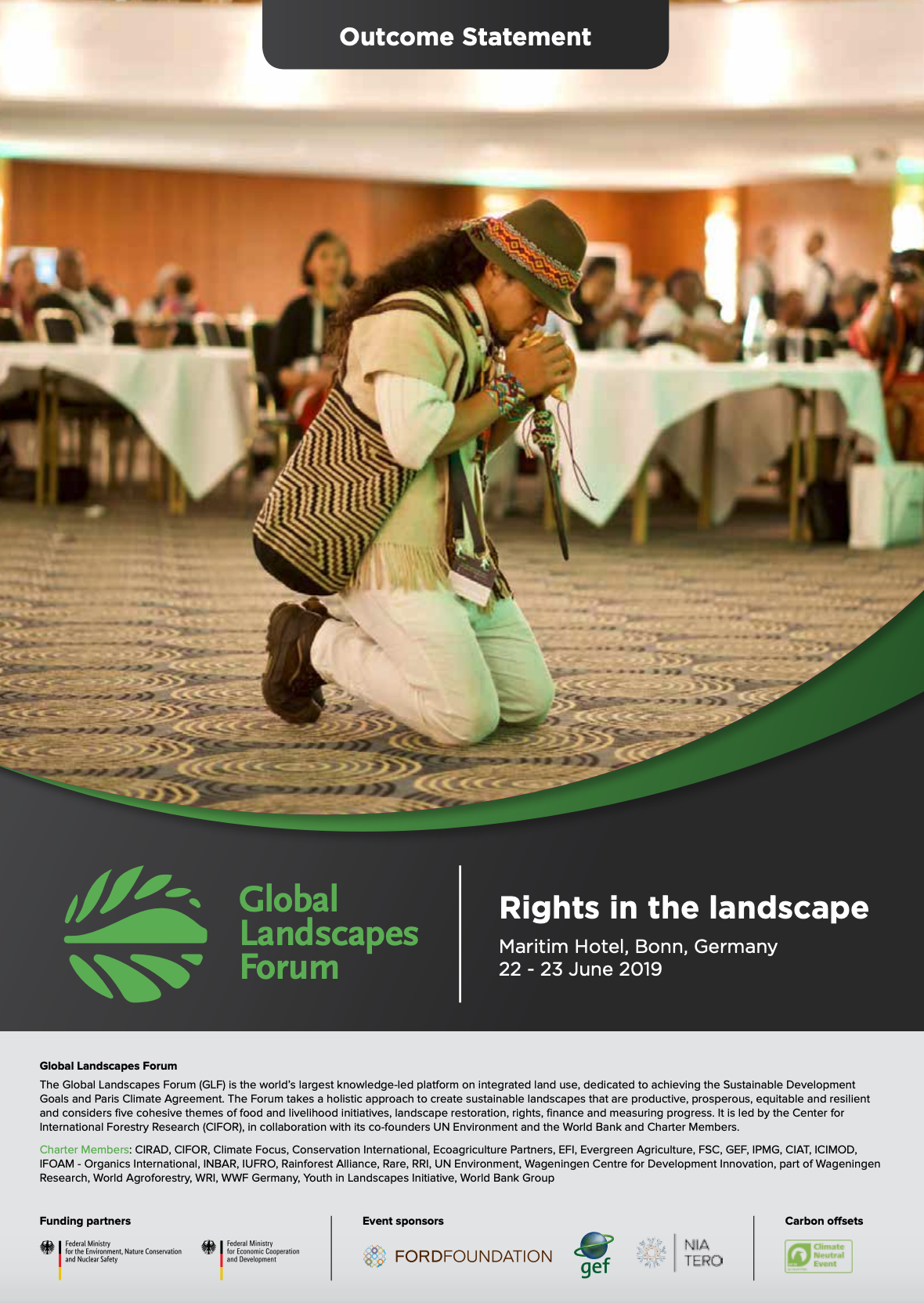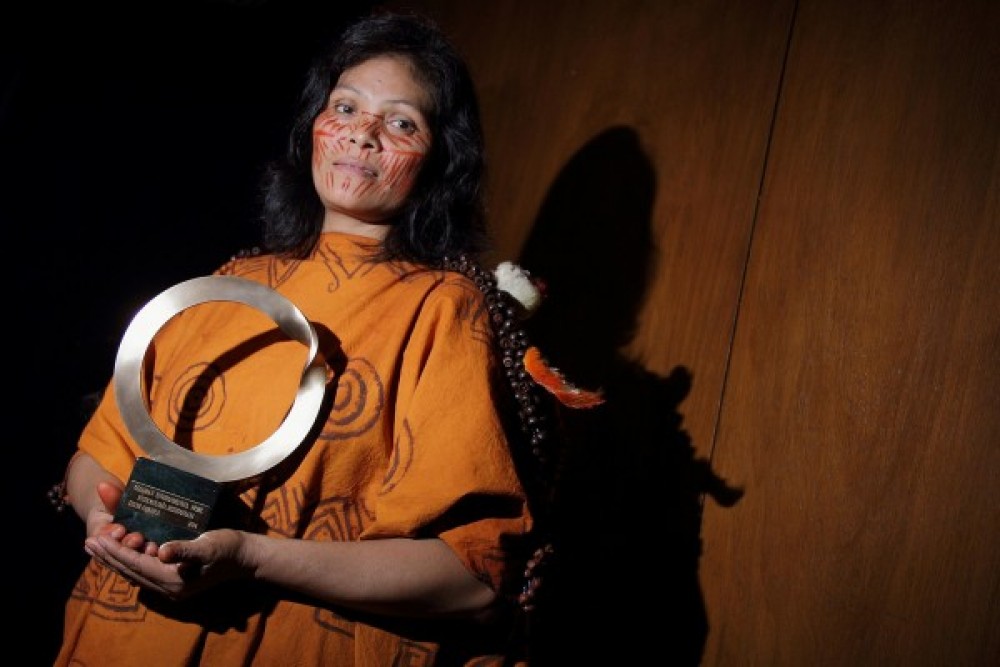COVID-19, Biodiversity and Climate Change: Indigenous Peoples Defining the Path Forward
Indigenous Peoples and local communities manage more than half of the world´s land. These biodiverse ancestral lands are vital to the people who steward them and the planet we all share. But governments only recognize indigenous and community legal ownership of 10 percent of the world´s lands. Secure tenure is essential for safeguarding the existing forests against external forces. This is specifically true for forests managed by Indigenous Peoples, where much of the world’s carbon is stored.

